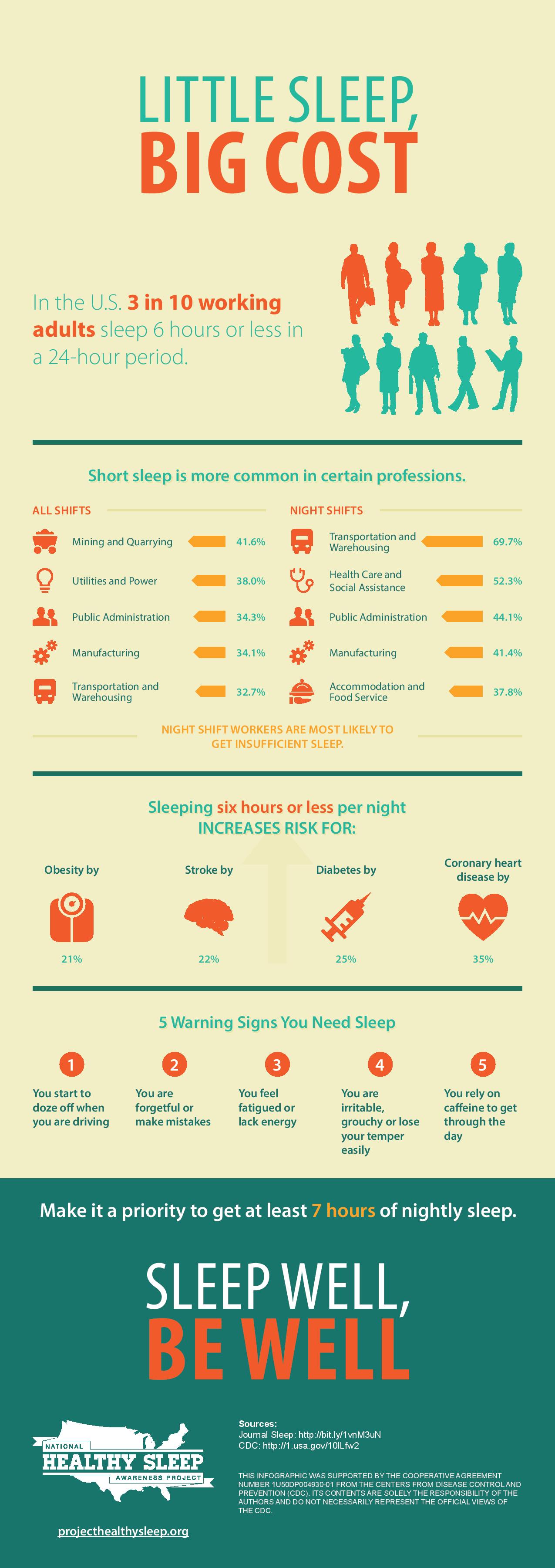Sleep is essential for improving things like work performance, memory, heart health, weight loss, and immune function, and it reduces stress, anxiety, risk of cancer, and risk of depression.
Why do we need sleep?
Sleep is one of those things we tend to not prioritize when we have a lot going on in our busy lives. It is important to get enough sleep every night as it restores our energy to help us function day to day. It helps fights off illness like the flu or colds, so you won’t miss days at work. With adequate sleep, we think more clearly and remember things better leading to better performance and mood.
How much sleep do we need?
- Adults need between 7-8 hours of sleep a night
What happens when we are sleep deprived?
- lowered immune system
- increased weight gain
- decreased performance
- increase stress and irritability
- increased mental health issues like depression and anxiety
- poor judgement
What is sleep hygiene?
Sleep hygiene is defined as behaviors that one can do to help promote good sleep using behavioral interventions.
Sleep hygiene tips to try:
- maintain a regular sleep routine- be consistent and go to bed and wake up around the same time everyday
- avoid naps if possible- try a 20-30 min power nap
- try not to stay in bed awake for more than 5-10 minutes
- avoid electronics before bed- TV, computer, phone
- exercise regularly- physical activity can promote better sleep
- have a comfortable sleep space- make your room dark and quite
- avoid caffeine or large meals before bed
Alcohol can make you feel tired because it is a depressant and has sedative qualities, but drinking alcohol can interrupt sleep and interfere with the quality of your sleep. It can also magnify the effects of sleep deprivation
Using a sleep diary:
Using this Sleep Diary takes just a few minutes each day. The National Sleep Foundation Sleep Diary will help you track your sleep, allowing you to see habits that are helping you sleep or what could be improved.
Online Sleep Resources:
Centers for Disease Control and Prevention
American Academy of Sleep Medicine



